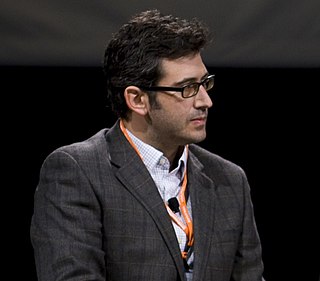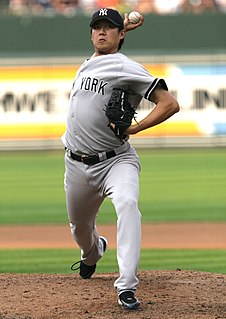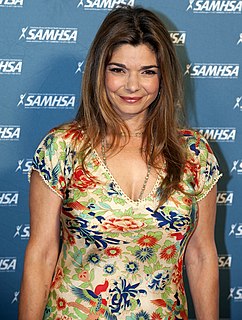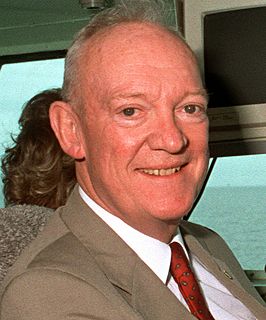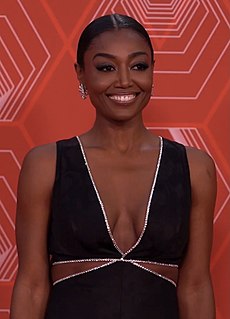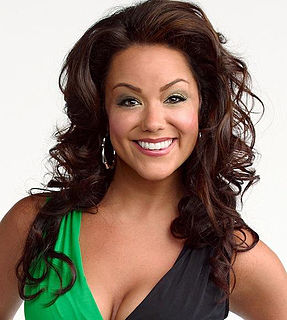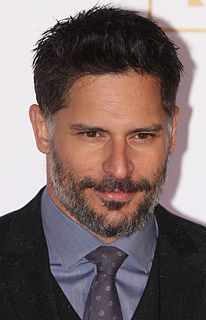A Quote by Luis von Ahn
When I found out that I had won the MacArthur Fellowship, I had been a professor at Carnegie Mellon for a week. I probably shouldn't be saying this on TV, but I stopped worrying about tenure.
Related Quotes
My father was a university professor and his thing was tenure. Any time I hear a university professor say tenure, I hear the word dinosaur. You're not supposed to be getting tenure. You're supposed to be figuring out how you can teach more students at a better price and more effectively. That's your job.
The 'snakebot', which is a type of mechanized, biologically inspired robot, itself has roots in Japanese laboratories of the 1970s. What the team at Pittsburgh-based Carnegie Mellon is doing today under professor Howie Choset is making the 'snakebots' stronger, smaller, and more maneuverable than ever.
When I finally stopped [singing], he had been saying, like, the last day or so, he'd been saying, now, I think we should put this one in the album. So without him saying I want to record you and release an album, he kept - he started saying, let's put this one in the album. So the album, this big question, you know, began to take form, take shape. And Rick [Rubin] and I would weed out the songs.
I was an adjunct. I never got tenure, never had it. I was a professor, though. But I never got tenure. I never really wanted tenure, to tell you the truth. Really wasn't - the guys who got - the tenured people were some of, like, the least interesting. And they were people I didn't really like very much anyway.
When I was in college at Carnegie Mellon, I wanted to be a chemist. So I became one. I worked in a laboratory and went to graduate school at the University of Pittsburgh. Then I taught science at a private girls' school. I had three children and waited until all three were in school before I started writing.


